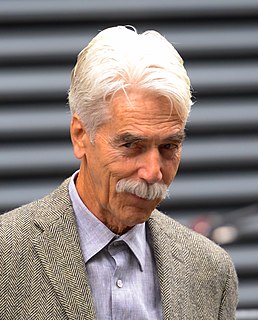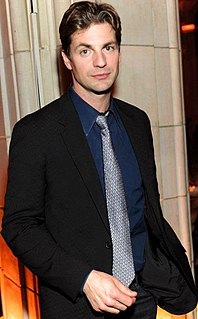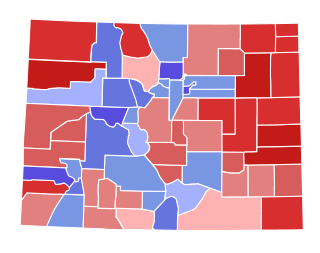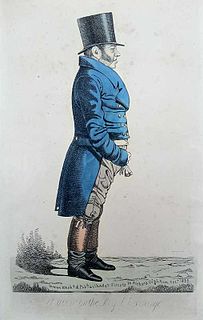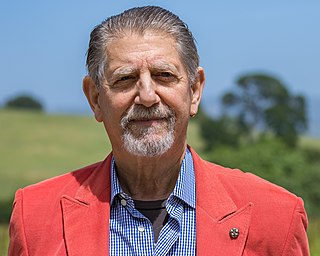A Quote by Sam Elliott
I think the people that most often cross a line are comedians. I think they relish that, and take pride in that on some level - at least, from what little I've seen and understand about people that do stand-up.
Related Quotes
We all suffer in our own way; like, life is miserable. And I'm not, 'Oh, I'm a stand-up who's sad,' but the reality is that just about everyone is quietly unhappy. I don't think that pertains to comedians specifically. I think most people look at themselves in the mirror and are not happy with what they see.
I think I understand the relationships between different people within the company: people who are straightforward employees, people who can impact the bottom line, and people who share in the bottom line. I don't think you can understand inequality in America unless you understand what's driving profitability.
I mean, let's face it, it's 2000 and people are beginning to wake up on some level. I think that, as I was saying earlier, there's just no denying the impact that showing people the truth can have. It allows people to understand themselves, and when you understand yourself you can understand the people around you. And then you can begin to let go of all the bullshit that leads into things like world wars, racism, stereotypes, and bigotry.
We all like to think that the line between good and evil is impermeable--that people who do terrible things, such as commit murder, treason, or kidnapping, are on the evil side of this line, and the rest of us could never cross it. But the Stanford Prison Experiment and the Milgram studies revealed the permeability of that line. Some people are on the good side only because situations have never coerced or seduced them to cross over.
I drink much less than most people think, and I think much more than most people would believe. I am quite sincere about some of the things which people take very lightly, and almost insultingly unconcerned about some of the things which people take most seriously. In short, I am basically antisocial: certainly not to an alarming degree , but just more so than I appear to be.
I'm glad that that era of stand-up is over, because I think it adversely affected a lot of people who could have been really, really great comedians. Because they unconsciously or subconsciously stifled their wild impulses, and were thinking about the five clean minutes for The Tonight Show, or the 20-minute sitcom pitch as a stand-up act.
There are some really great books that have been written about slavery, but I don't think that the discourse about it in society has been very accurate or healthy. I don't think we've come up with ways to tell it that don't insult people or hit them in the wrong way. Part of the problem is that most people don't really understand what slavery was anyway. Most white people didn't own slaves. Slavery was a way of life, just like driving cars is a way of life now. It doesn't mean that it was right.
Comedians are therapists. People honestly think we're doing it for ourselves. No. If we wanted to do stand-up for ourselves, we would perform in front of a mirror and never go to a club. We are giving this away. Some people are going through so much in their lives, they want to hear something else that's going on in the world and laugh.
